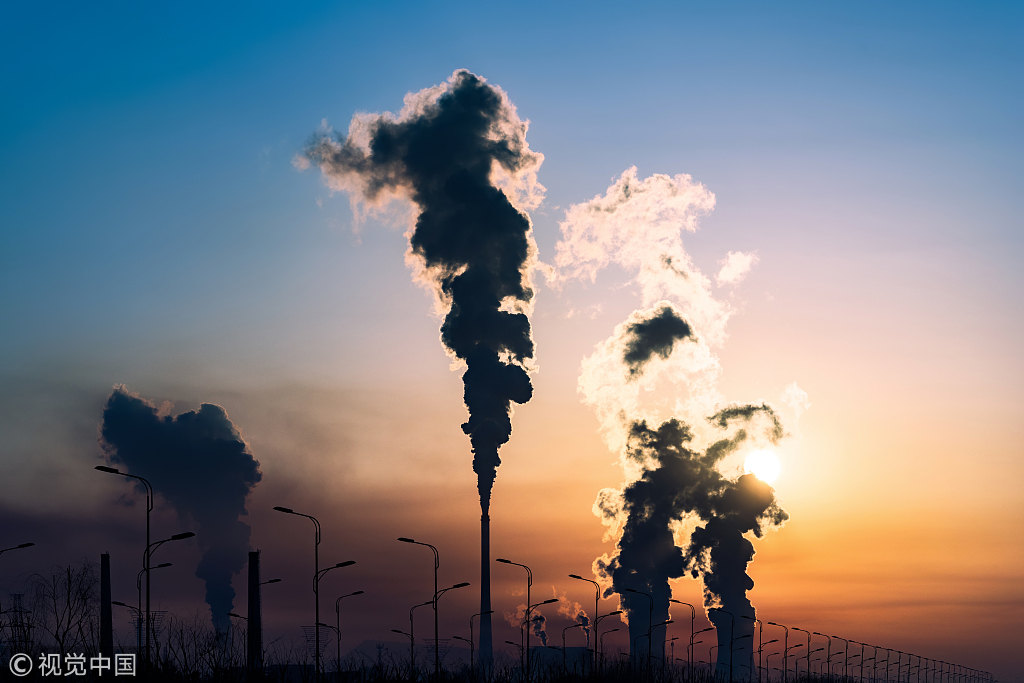Greater efforts required to say goodbye to coal


Editor's note: The government has attached great importance to curbing air pollution since a wide swathe of China was hit by heavy smog for more than 20 days in January 2013. In an interview with Xiakedao, the official WeChat account of People's Daily, Tao Guangyuan, executive director of the Sino-German Renewable Energy Center, comments:
We have been battling smog for six years, but many of us still wonder how effective our air pollution measures are, where the PM 2.5, a major source of smog, comes from, and whether our local governments and enterprises are serious about trying to reduce air pollution?
When talking about smog treatment, we must first have scientific standards to judge which measures are good and which are not. There is also the cost factor. The treatment of air pollution, if in the wrong way, may consume huge amounts of money. Funding for alternative energy supplies must be carefully considered, given that different regions across China are in different stages of development and thus have differentiated energy demands.
For cities hardest hit by smog in North China, the PM 2.5 level has been reduced by more than half and sulfur dioxide by three-fourths over the past six years, demonstrating that governments at various levels and enterprises have made considerable efforts to curb the emissions of pollutants. However, most of the particulate matter, the source of smog, is produced by burning fossil fuels, which cannot be completely stopped in China.
In the Beijing-Tianjin-Hebei region, for example, about 40 million tons of coal is burned every year, mainly in winter, for heating. Given that rural areas have no easy accessibility to cleaner fuels such as natural gas, coal burning is the biggest source of air pollution other than industrial pollutants, underscoring the need for the country to adjust its energy structure. But the increase of coal output by 1 percent in 2018 means that putting an end to coal burning may take 20 years or more.
In the meantime, Germany's experience in tackling smog also indicates that burning coal does not necessarily cause serious air pollution, but burning dirty coal does. So, in fighting smog, it is not that the more money spent the better the effects would be, but that a scientific way is badly needed.


































